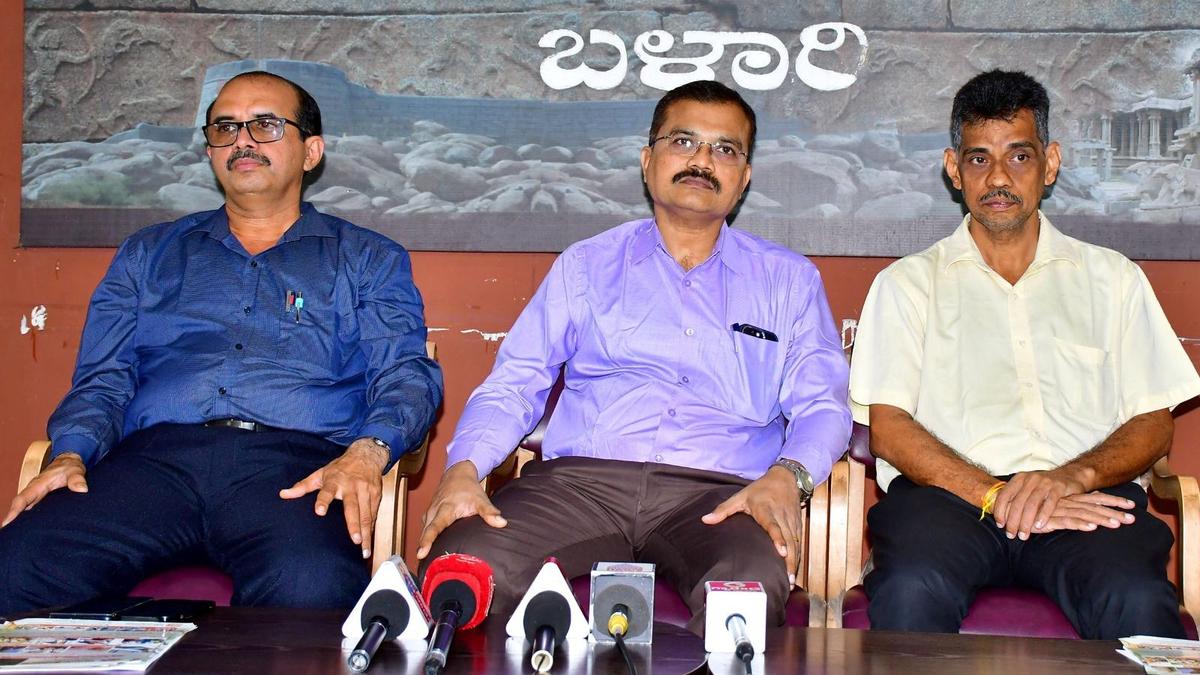Copyright informalnewz

Savings Account Tax Rule: Experts say that there are certain types of transactions that banks and the tax department specifically track. If these transactions don’t match your income, you may receive a notice. Savings Account Tax Rule: You make payments, transfers, and cash deposits and withdrawals from your savings account every day, but did you know that even these everyday tasks can sometimes come under the scrutiny of the Income Tax Department? If you think that a savings account is simply a means of storing and spending money, know that these days the Income Tax Department can keep an eye on every major transaction. Especially if large amounts of money are frequently flowing into and out of your account, or you are making expenses that don’t match your income. You could receive an Income Tax Notice Experts say that banks and the tax department specifically track certain types of transactions. If these transactions don’t match your income, you could receive a notice. According to an ET report, chartered accountants Abhishek Soni and Tarun Kumar Madan say that even seemingly ordinary transactions can sometimes lead to an Income Tax investigation. Let’s explore 10 reasons that could put your savings account on the tax department’s radar. Deposited large amounts of cash in the bank? If you deposit ₹10 lakh or more in cash in a single financial year, the bank reports it to the Income Tax Department. This isn’t illegal, but you may have to disclose its source. Keep receipts related to gifts, property sales, or business income. Made a large credit card payment? If you made more than ₹1 lakh in cash or a total payment of more than ₹10 lakh on a credit card in a given year, this is reported. The department checks whether your lifestyle matches your income as stated in your tax return. Frequent or large cash withdrawals Repeated large withdrawals from your account, or a sudden increase in cash flow, can also raise questions about the bank. This may raise questions, especially if it doesn’t match your income. Property deals worth ₹30 lakh or more If you bought or sold a property valued at ₹30 lakh or more (whether at market rate or stamp value), the registrar reports it. The tax department looks at where you got the money. Sudden transactions in inactive accounts If a previously closed account suddenly becomes active and large transactions occur, the bank may flag it. In such a situation, keep the documents related to business, inheritance or other valid reasons safe. Did you spend more money abroad or did you receive more money? If you made foreign transactions of ₹10 lakh or more in a year, such as international card payments or forex, this could trigger an income tax notice, especially if your income appears less than that. Difference between bank interest and ITR If the interest reported by your bank doesn’t match your income tax return, you may receive a notice. Check your interest against Form 26AS and AIS (Annual Information Statement) and ensure everything is accurate. Savings account interest is less, don’t hide it. Even if your interest is less than ₹10,000, it will be reflected in AIS. If you don’t report it in your return, you may receive an automatic notice due to mismatched data. Have multiple accounts, but haven’t added the interest? Having multiple savings accounts isn’t a problem, but it’s important to add up the interest on all of them and show it in your ITR. The system is very sensitive and can catch even small errors. Don’t get caught making payments for others. If you paid for someone else with your card during the festive season and they returned the money to you in cash, that could be tracked. Once this money is credited to your account, you could exceed your reporting limit and receive a tax notice. How to avoid the Income Tax Department’s scrutiny? The tax department monitors all major transactions through the PAN-based auto-reporting system. Therefore, you should keep these things in mind: Check your AIS and Form 26AS before filing your ITR.Keep documentation for every transaction.When making transactions for others, keep everything clear and tracked.



